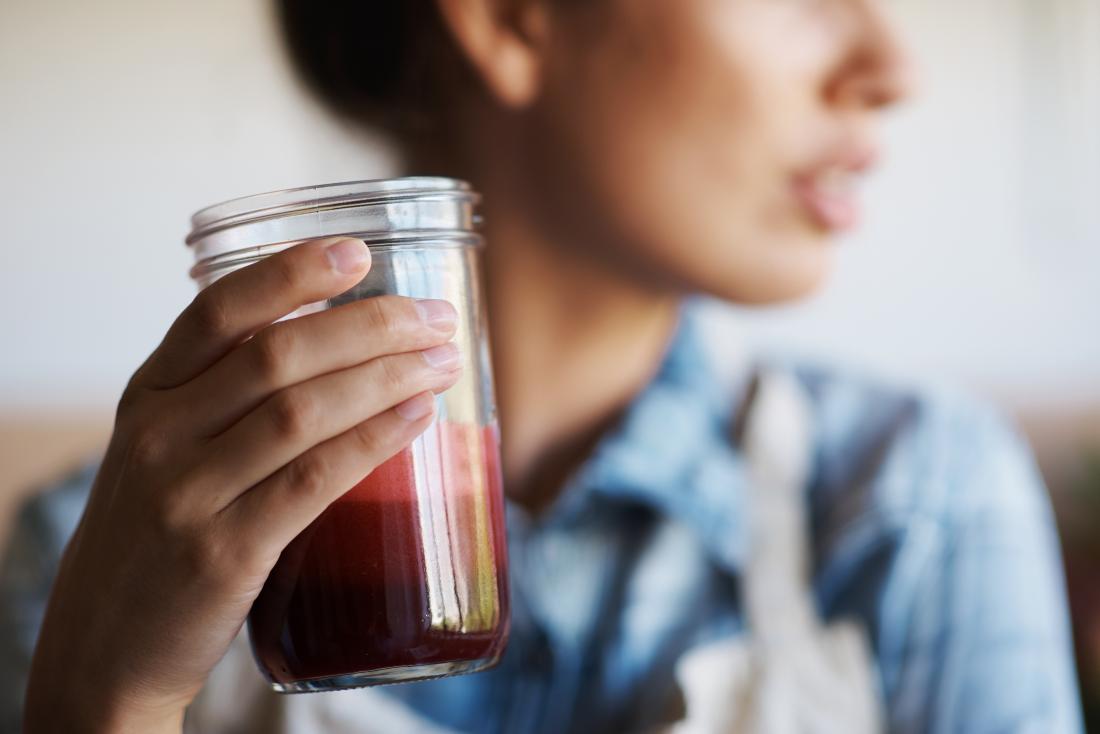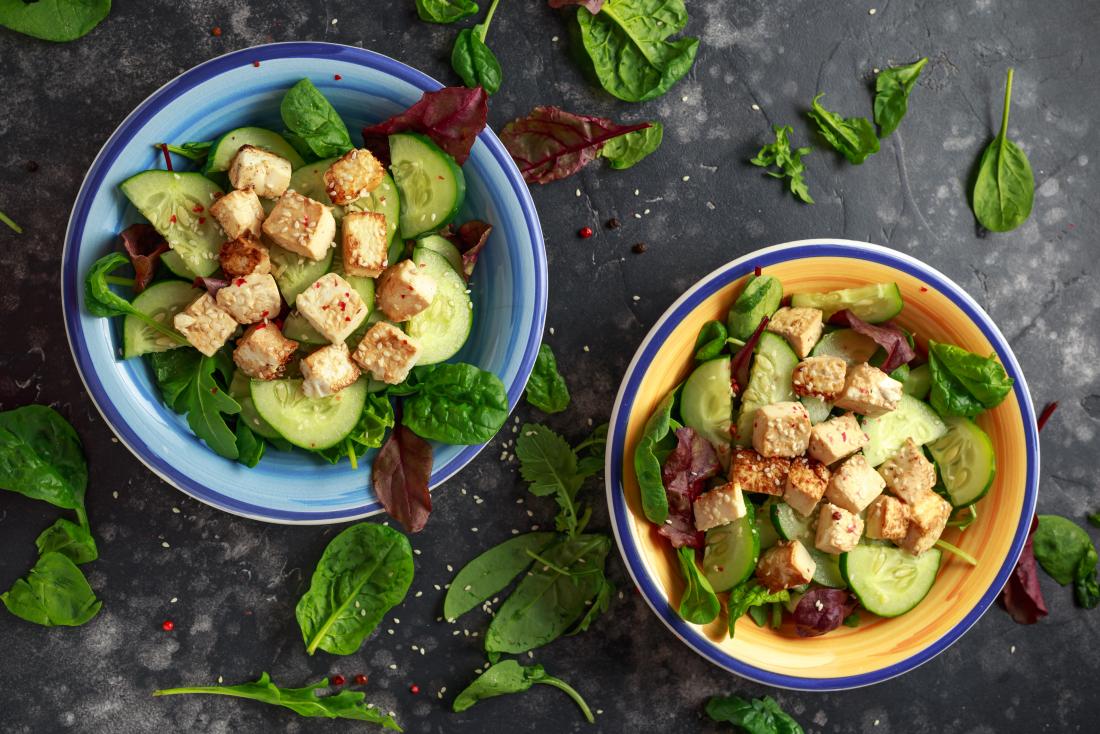The kidneys perform essential functions that keep the body healthy. These two small, bean-shaped organs filter toxins from the blood, balance mineral levels, and help regulate blood pressure.
Most people can keep their kidneys healthy by staying hydrated and eating a balanced, healthful diet.
In this article, we examine what a kidney cleanse is and whether it works. We also look at how to cleanse the kidneys, an example 2-day plan, and risks and considerations.
What is a kidney cleanse?

A kidney cleanse involves consuming specific foods to aid the removal of toxins and waste from the kidneys.
The kidneys act as a natural filtration system for the body, removing waste, toxins, and excess water from the blood. The kidneys even cleanse themselves when the body takes in enough fluid.
Kidney cleanses involve consuming specific foods and herbs that may help remove toxins from the body and promote better kidney health.
Kidney cleansing programs vary, but they typically involve consuming a restricted diet for several days. This diet may include smoothies, juices, teas, herbs, and foods that people believe help detoxify the body and improve overall health.
Do cleanses work?
Proponents of kidney cleansing say that certain foods, beverages, and diets can detoxify the kidneys and body. However, there is currently little scientific research to support these claims.
The National Center for Complementary and Integrative Health (NCCIH) state that “there isn’t any convincing evidence that detox or cleansing programs actually remove toxins from your body or improve your health.”
Most people can keep their kidneys healthy by staying hydrated and eating a balanced, healthful diet. However, some herbs and foods that are popular in kidney cleansing programs may have properties that help promote kidney health.
How to cleanse the kidneys
Cleansing the kidneys may aid the removal of toxins from the body. The following tips may help improve kidney health and reduce the risk of kidney disease:
Drink more water
Drinking enough fluid every day is essential to a person’s overall health. Water is crucial for digesting food, absorbing nutrients, getting rid of waste and toxins, keeping the skin healthy, and performing a wide range of other bodily functions. Consuming enough water can also help prevent kidney problems, such as kidney stones.
According to the National Institute of Diabetes and Digestive and Kidney Diseases (NIDDK), many healthcare professionals recommend drinking six to eight 8-ounce (oz) glasses of water a day.
Reduce sodium intake
The body needs salt, or sodium, but consuming too much can raise blood pressure, which can increase a person’s risk of kidney failure, heart disease, and stroke.
The NIDDK recommend that people limit their sodium consumption to less than 2,300 milligrams a day to reduce the risk of chronic kidney disease. People can reduce their sodium intake by eating fewer processed foods and choosing low-sodium or sodium-free options.
Make dietary changes
People can make some simple dietary changes to improve both their kidney health and general health, but it is important to note that the following lists are not for people with preexisting kidney disease.
Consider limiting or avoiding the following foods and beverages:
- processed foods
- refined carbohydrates
- sugar and artificial sweeteners
- animal proteins, such as beef, pork, and organ meat
- high-sodium foods
- alcohol
- caffeine
A person can also try adding these kidney-friendly foods to their diet:
- berries
- citrus fruits, such as lemons, limes, and oranges
- apples
- low-fat dairy products
- vegetables
- whole grains, such as barley, brown rice, and oatmeal
- lean meats, including chicken and seafood
An example 2-day kidney cleanse plan
A person should consult a doctor before starting a kidney cleanse or detox regimen, particularly if they have kidney stones or kidney disease. Limiting the duration of cleansing programs to a few days can help reduce the risk of adverse health effects.
People who do not have kidney problems may wish to try the following 2-day kidney cleanse plan:
Day 1

A tofu salad is a typical meal to help cleanse the kidneys.
On the first day of the cleanse, people can prepare the following three meals:
Morning
Start the day with an 8-oz glass of warm water containing 1 tablespoon (tbsp) of fresh lemon juice.
Breakfast
For breakfast, blend the following ingredients to make a 12-oz smoothie:
Lunch
Eat a large, mixed green salad containing:
Top the salad with sliced almonds. For the dressing, combine:
- one-third cup low-fat Greek yogurt
- 1 tbsp Dijon mustard
- 1 teaspoon (tsp) lemon juice
- salt and pepper to taste
Dinner
For dinner, make an 8-oz smoothie containing:
- 1 cup coconut water
- 1 cup blueberries
- one-half cup mango
- 1 cup kale
- 1 tbsp lemon juice
- 1 tbsp ground flaxseed
Day 2
On the second day, people can eat a more substantial lunch and dinner:
Morning
Start the morning with a cup of green tea containing 1 tbsp of fresh lemon juice.
Breakfast
Blend the following ingredients to make an 8-oz smoothie:
Lunch
Combine the following ingredients and then saute together in olive oil:
- 1 cup cooked brown rice
- one-half cup cooked beans
- one-quarter cup green beans
- one-quarter cup chopped carrots
- 1–2 tsp minced garlic
Dinner
Make a vegetable soup using the following ingredients:
Begin by heating the vegetable broth over medium heat. Chop all of the vegetables and add them to the broth. After cooking the vegetables completely, stir in parsley. Add salt and pepper according to taste.
Risks and considerations

Drinking too much can cause low sodium levels.
Kidney cleanse programs generally encourage people to consume more healthful foods, such as fruits and vegetables. However, although proponents of kidney cleanses say that they offer many health benefits, there is little scientific research to support these claims.
According to the NCCIH, the Food and Drug Administration (FDA) have taken action against several companies offering detox and cleansing products because they made false therapeutic claims about their products or the products contained illegal and potentially harmful ingredients.
For example, the FDA filed a warning letter in 2018 to Ozark Country Herbs, a company that produce a range of herbal products that promise to treat everything from depression and migraine to flu and kidney stones.
Although drinking enough water is essential for health, too much fluid can reduce mineral concentrations in the body and lead to health complications.
A 2018 case study, for instance, reports that a 67-year-old man developed severe hyponatremia, or low sodium levels in the blood, while performing a kidney cleanse. Hyponatremia is a serious medical condition that can lead to potentially life-threating complications, such as swelling of the brain.
The man followed a strict program that involved consuming nothing but large volumes of water and herbal tea for 5 consecutive days. On the final day, he went to the emergency department after experiencing weakness, fatigue, nausea, tremor, and restlessness. Due to a severe electrolyte imbalance, the man’s body was unable to expel the excess fluid.
Many kidney cleanses and detox programs also require a person to fast or severely restrict their calorie intake, which can lead to headaches, fatigue, and nutritional imbalances.
People who wish to try a kidney cleanse should consult a doctor first and ensure that they are consuming enough calories and electrolytes to support their metabolism.
Summary
Kidney cleansing programs can vary considerably, but they often involve restricted diets, consuming only water, smoothies, and teas for several days, and taking herbal supplements.
Proponents claim that these programs detoxify the body and promote better kidney health. However, there is little scientific evidence to support these claims.
Most people can keep their kidneys healthy by eating a healthful, balanced diet and drinking enough fluid.
People wishing to try a kidney cleanse or detox program should speak with their doctor first, particularly if they have kidney problems or other health conditions. When following a cleanse program, it is important for a person to make sure that they are getting enough calories and electrolytes to support their body’s needs.
